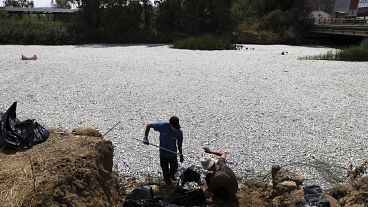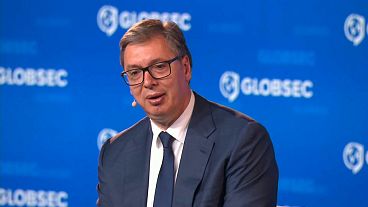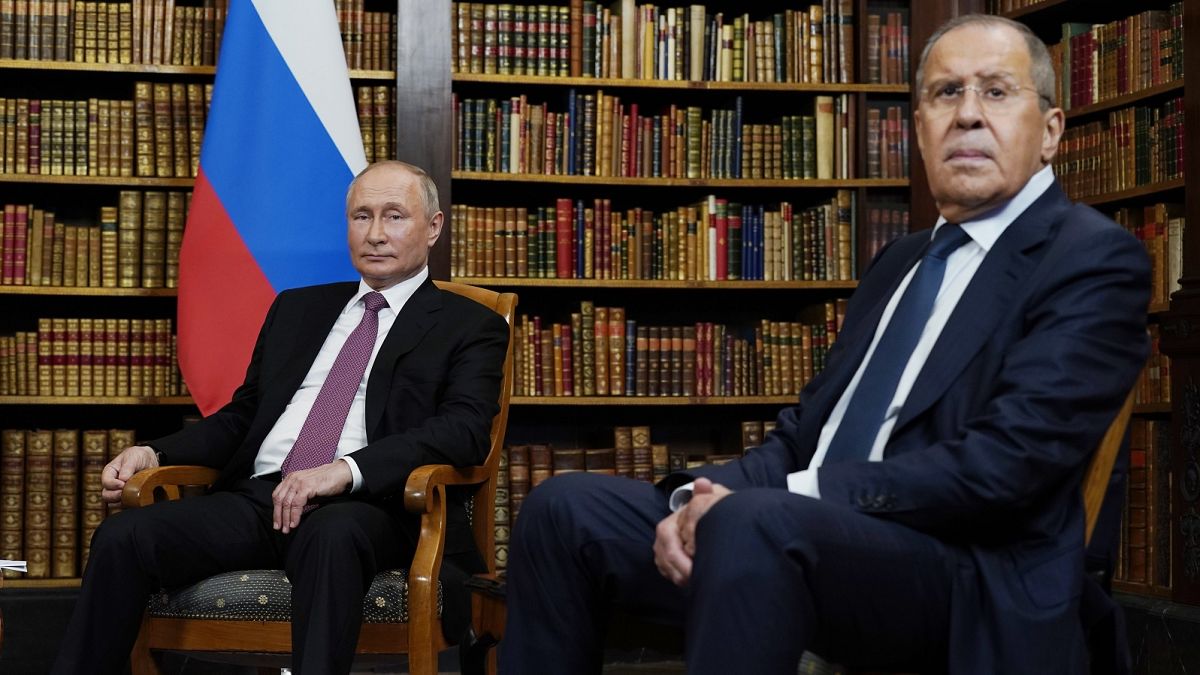Both Russia and China now use formal diplomatic channels to spread disinformation, an EEAS report found.
Experts in disinformation are to be deployed to European Union offices worldwide to counter false narratives spread by malignant actors including Russia and China, the bloc's top diplomat said on Tuesday.
"All our delegations will be equipped with experts on countering disinformation in many parts of the world in order to make our voice be heard better," Josep Borrell told a public conference on disinformation in Brussels.
He added that in recent years Russia's spending to boost its ability to create and disseminate so-called fake news to further its agenda has massively outpaced European investments to counter such interference.
In response, he said, the EU and like-minded partners should create a standardised and interoperable way of sharing data and analysis of foreign disinformation campaigns but also engage more with authorities worldwide to ensure the EU's voice is heard.
"We have to address this politically at the highest possible level," Borrell said.
"Being more present, expressing better the realities, engaging in different languages and media — we're used to speak English but I can tell you that there are a lot of people in the world that don't understand English so we have to address them in their language otherwise."
'A crucial instrument of war'
His speech was accompanied by the release of the first report on Foreign information Manipulation and Interference Threats by the European External Action Service (EEAS), in which 100 disinformation incidents detected between October and December 2022 were analysed.
It found that the Russian ecosystem was involved in 88 cases, while Chinese official channels were active in 17 cases. Actors from the two countries were meanwhile found to have operated jointly in five cases.
The incidents featured at least 30 languages and were aimed mostly at directing attention to a different actor or narrative or shifting blame onto others.
"They are masters on that. They invest a lot. They use thousands of people and they do that in a systematic, permanent and industrialised manner. That's a weapon," Borrell said.
Most of Russia's recent campaigns have sought to shift blame for its full-scale invasion of Ukraine and its consequence on the global economy, and in particular on energy and food security, on Kyiv and its western allies.
"The battle of narrative started with the pandemic, at least, and today that's clear: This war is not only conducted on the battlefield by the soldiers, it's also waged in the information space, trying to win the hearts and minds of the people," Borrell said.
"Russia is using information, manipulation and interference as a crucial instrument of this war."
Increasing use of diplomatic tools
The production and fabrication of image and video-based content were the two most recurrent techniques used by Russia and China to disseminate their disinformation, according to the EEAS report.
These are then shared by a wide array of actors, including, increasingly, formal diplomatic channels.
Foreign Minister Sergei Lavrov has, for instance, made multiple trips to Africa since the beginning of the war and blamed western sanctions for preventing Russia from exporting agricultural products including fertilisers, thus exacerbating the food crisis.
China meanwhile, has widened its tactics in recent years by repeatedly spreading conspiracies via its diplomats, officials and state-controlled media, according to the report.
There is also evidence that Beijing is paying social media influencers with undisclosed connections to Chinese state-controlled media or other structures, to counter criticisms of China’s human rights issues and reshape narratives on topics like Xinjiang.
The report also stressed that China’s disinformation and interference activities do not only focus on propagating its own message, but also on suppressing competing voices or messages that would undermine its official narrative.












